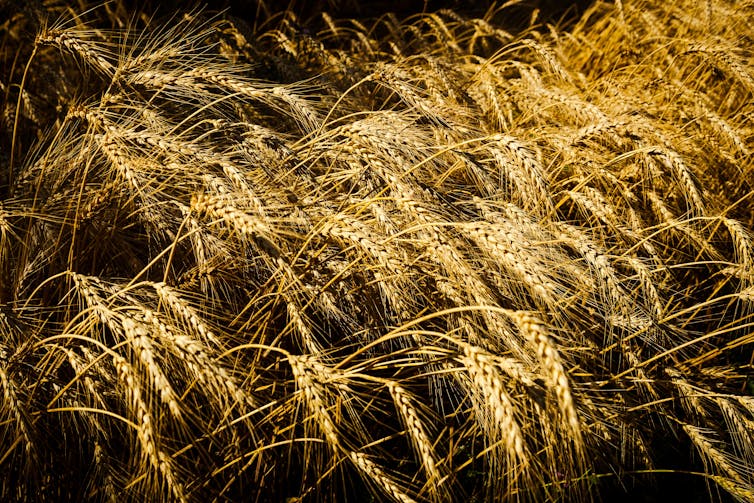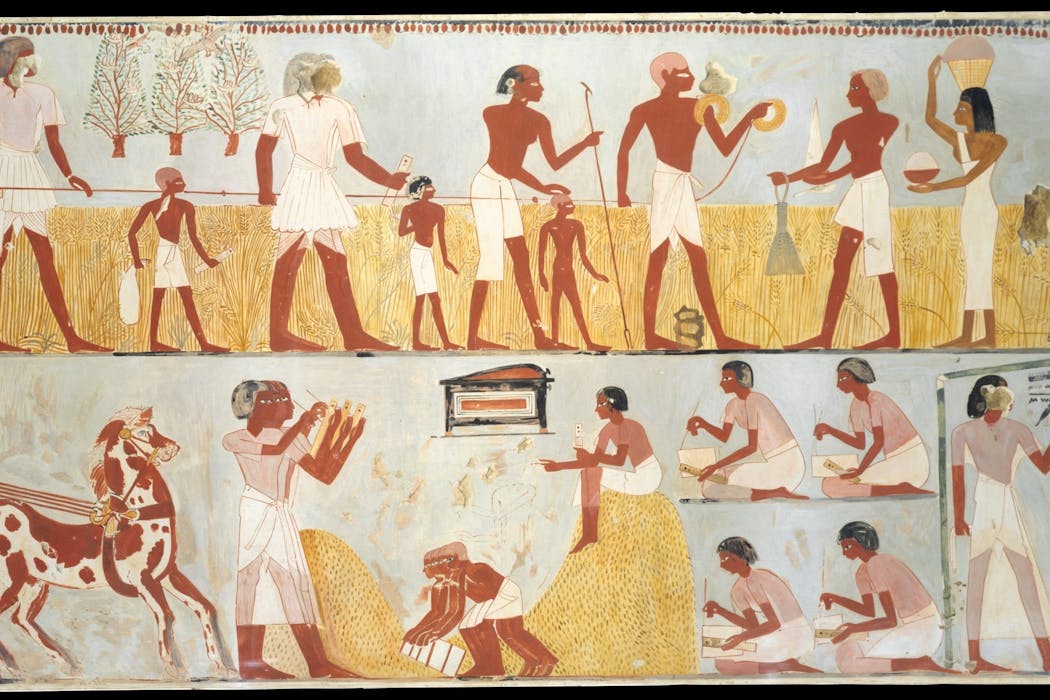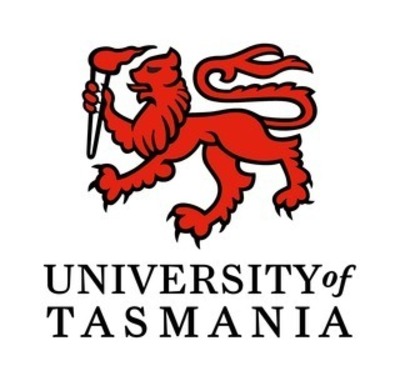- Home
Edition
Africa Australia Brasil Canada Canada (français) España Europe France Global Indonesia New Zealand United Kingdom United States Edition:
Global
Edition:
Global
- Africa
- Australia
- Brasil
- Canada
- Canada (français)
- España
- Europe
- France
- Indonesia
- New Zealand
- United Kingdom
- United States
 Academic rigour, journalistic flair
Academic rigour, journalistic flair
 Shutterstock/RawPixel
The real reason states first emerged thousands of years ago – new research
Published: November 25, 2025 1.05pm GMT
Christopher Opie, University of Bristol, Quentin Douglas Atkinson, University of Auckland, Waipapa Taumata Rau
Shutterstock/RawPixel
The real reason states first emerged thousands of years ago – new research
Published: November 25, 2025 1.05pm GMT
Christopher Opie, University of Bristol, Quentin Douglas Atkinson, University of Auckland, Waipapa Taumata Rau
Authors
-
 Christopher Opie
Christopher Opie
Senior Lecturer in Evolutionary Anthropology, University of Bristol
-
 Quentin Douglas Atkinson
Quentin Douglas Atkinson
Professor of Psychology, University of Auckland, Waipapa Taumata Rau
Disclosure statement
Christopher Opie received funding from the Leverhulme Trust - Early Career Fellowship - ECF 619
Quentin Douglas Atkinson receives funding from the Royal Society of New Zealand.
Partners
University of Bristol provides funding as a founding partner of The Conversation UK.
University of Auckland, Waipapa Taumata Rau provides funding as a member of The Conversation NZ.
University of Auckland provides funding as a member of The Conversation AU.
View all partners
DOI
https://doi.org/10.64628/AB.rdddarx9c
https://theconversation.com/the-real-reason-states-first-emerged-thousands-of-years-ago-new-research-268539 https://theconversation.com/the-real-reason-states-first-emerged-thousands-of-years-ago-new-research-268539 Link copied Share articleShare article
Copy link Email Bluesky Facebook WhatsApp Messenger LinkedIn X (Twitter)Print article
Globalisation, migration, climate change and war – nation states are currently under huge pressure on many fronts. Understanding the forces that initially drove the emergence of states across the world may help explain why.
For a long time after humans evolved, we lived in oral-based, mostly small-scale and egalitarian societies. Things began to change with the dawn of the Holocene, when a suite of climatic, social and technological shifts led to the emergence of the first states about 5,000 years ago.
The earliest known state was in Mesopotamia (now southern Iraq), followed by Egypt, the Indus Valley, China and Meso-America. The long-standing view was that the invention of agriculture was the spur for these large-scale human societies to emerge. But there was a 4,000-year gap between the expansion of agriculture (circa 9,000 years ago) and the founding of the earliest states, which throws this link into question.
One theory suggests it was the intensification of agriculture that spurred the creation of states. Once fertilisation and irrigation were used, it produced a surplus that elites could extract to build and maintain states.
However, an alternative view, first put forward by anthropologist James Scott, is gaining ground. This proposes that states didn’t emerge from agriculture in general – rather, they almost invariably formed in societies that grew cereal grains.
Grasses such as wheat, barley, rice and maize grow above ground, ripen at a predictable time, and the grains they produce are readily stored. This makes them perfect for the systems of taxation that Scott argues fuelled state formation.
By Scott’s account, Mafia-style protection rackets forced people to produce grain, from which tax could be extracted and used to fund further exploitation. Scott proposed that these protection rackets were effectively the original states.
 Grain: the fuel of ancient state formation.
Shutterstock/Hari Seldon
Grain: the fuel of ancient state formation.
Shutterstock/Hari Seldon
In the meantime, writing was invented and adopted as the information system to record those taxes. Once states had formed, writing had a huge influence on the structure and institutions of those societies. States, controlled by very small elites, used writing to build institutions and laws to maintain extreme hierarchies.
We tested these ideas, combining data from hundreds of societies worldwide with a global language family tree representing the ancestral relationships between those societies. We then used a mathematical model to evaluate claims about how statehood and its possible drivers evolved along the branches of this tree.
Our results suggest that intensive agriculture, with fertilisation and irrigation, was just as likely to be the result of state formation as it was to be its cause. On the other hand, grain agriculture consistently predicted subsequent state formation and the adoption of taxes.
We also found a strong correlation between non-grain agriculture and the formation of states. However, crops such as vegetables, fruit, roots and tubers – which were hard to tax – were more likely to be lost, not gained, as states were formed. This is consistent with the idea that grains were favoured over other forms of agriculture by emerging states for their taxation potential.
Trying to test causal claims about complex social changes in the deep past is inherently uncertain, but our results provide new evidence in support of Scott’s theory – that grain agriculture fuelled the formation of states, and that writing, invented and adopted to record taxation, was then used by states to maintain themselves through a very hierarchical system of laws and societal structures.
Lessons for the modern state
Our findings also highlight a broader connection between social systems and modes of information.
Long after the first emergence of writing, the invention of the printing press in medieval Europe is thought to have been integral to a raft of social changes that followed. As a much larger number of people were literate, information became both easier and cheaper to disseminate.
In turn, mass education, which became compulsory in the late 19th century in England and many other countries, is sometimes credited with the rise of universal suffrage and the beginning of democracy.
This change in the information system of societies clearly had a profound effect on the functioning of the state, yet writing has always been a system controlled by a small elite. Even after the emergence of mass literacy in many countries, publishers, working within state rules, have exerted control and influence over how and what we read.
This helps us understand current concerns about the destabilisation of modern nation states. Digital technologies and AI are disrupting how we generate, store and broadcast information; globalisation and cryptocurrencies are disrupting our taxation systems; and our agricultural production is under pressure because of climate change.
It may feel worlds apart, but the challenges and choices facing states today have been playing out since the dawn of the earliest states, thousands of years ago.
This article contains references to books that have been included for editorial reasons, and this may include links to bookshop.org. If you click on one of the links and go on to buy something from bookshop.org The Conversation UK may earn a commission.
- History
- Taxation
- nation states
- Ancient world
- Educate me
Events
Jobs
-
 Case Specialist, Student Information and Regulatory Reporting
Case Specialist, Student Information and Regulatory Reporting
-
 Lecturer in Paramedicine
Lecturer in Paramedicine
-
 Associate Lecturer, Social Work
Associate Lecturer, Social Work
-
 Lecturer, Communication Design
Lecturer, Communication Design
-
 Leading Research Centre Coordinator
Leading Research Centre Coordinator
- Editorial Policies
- Community standards
- Republishing guidelines
- Analytics
- Our feeds
- Get newsletter
- Who we are
- Our charter
- Our team
- Partners and funders
- Resource for media
- Contact us
-
-
-
-
Copyright © 2010–2025, The Conversation

 Case Specialist, Student Information and Regulatory Reporting
Case Specialist, Student Information and Regulatory Reporting
 Lecturer in Paramedicine
Lecturer in Paramedicine
 Associate Lecturer, Social Work
Associate Lecturer, Social Work
 Lecturer, Communication Design
Lecturer, Communication Design
 Leading Research Centre Coordinator
Leading Research Centre Coordinator


